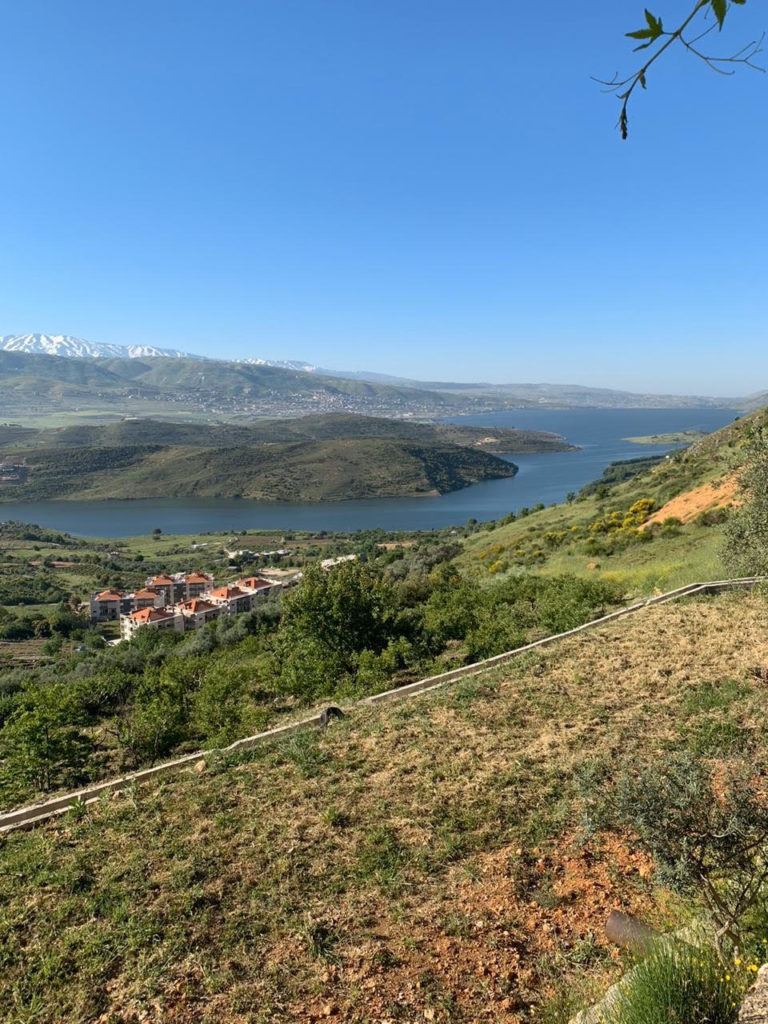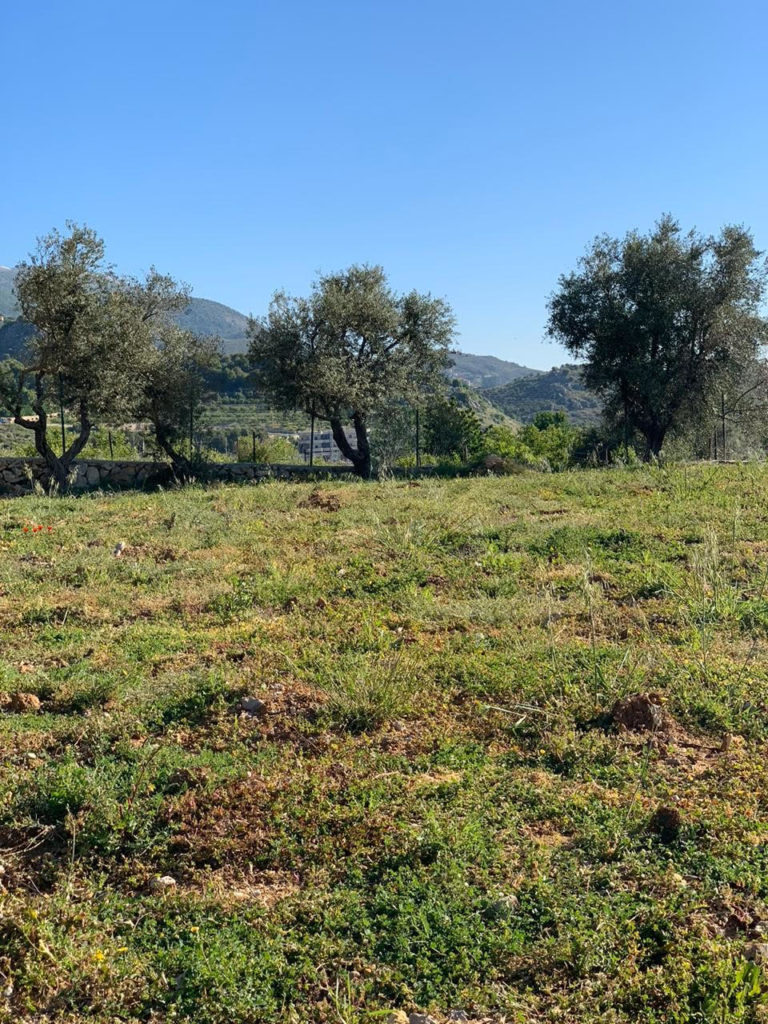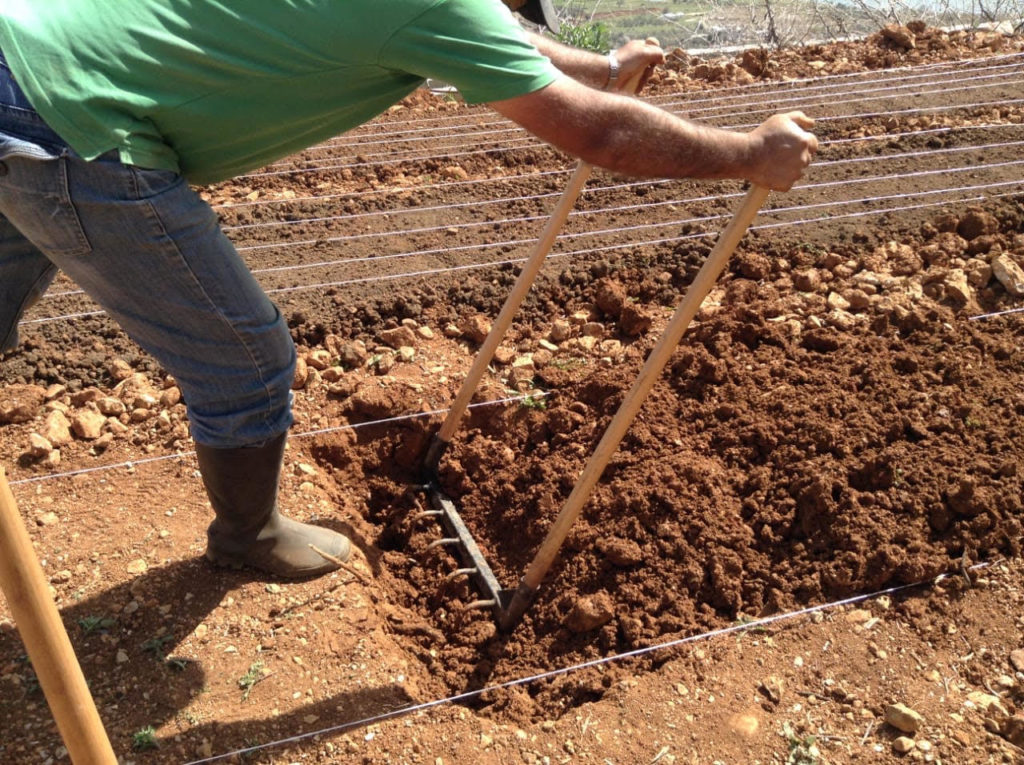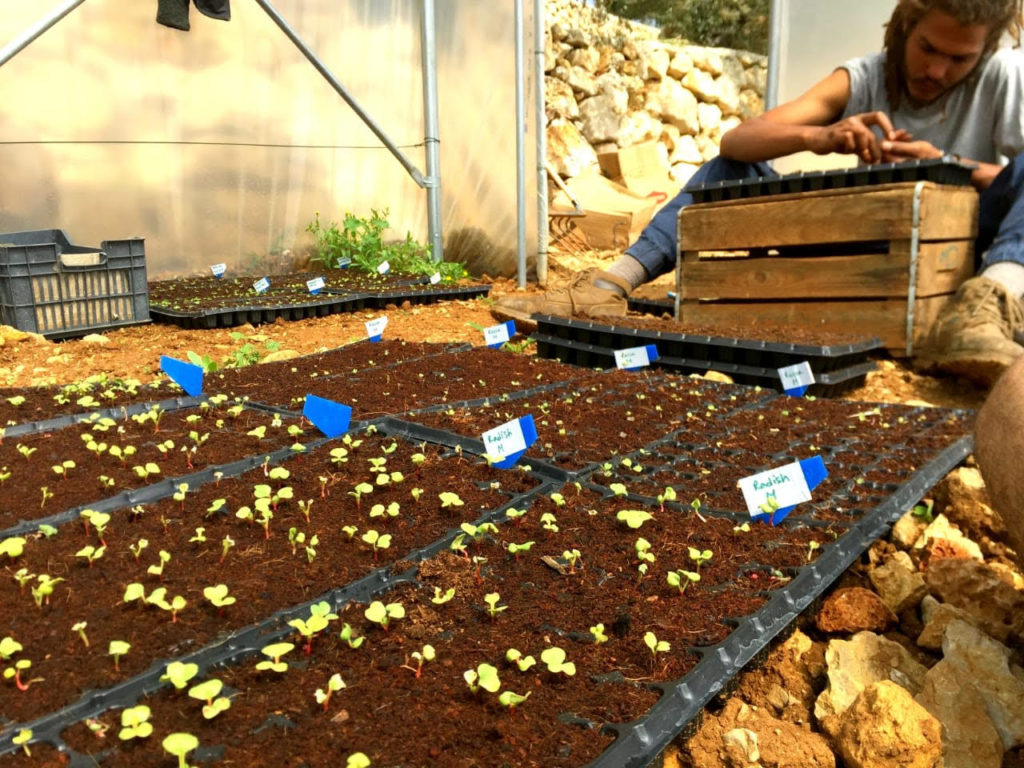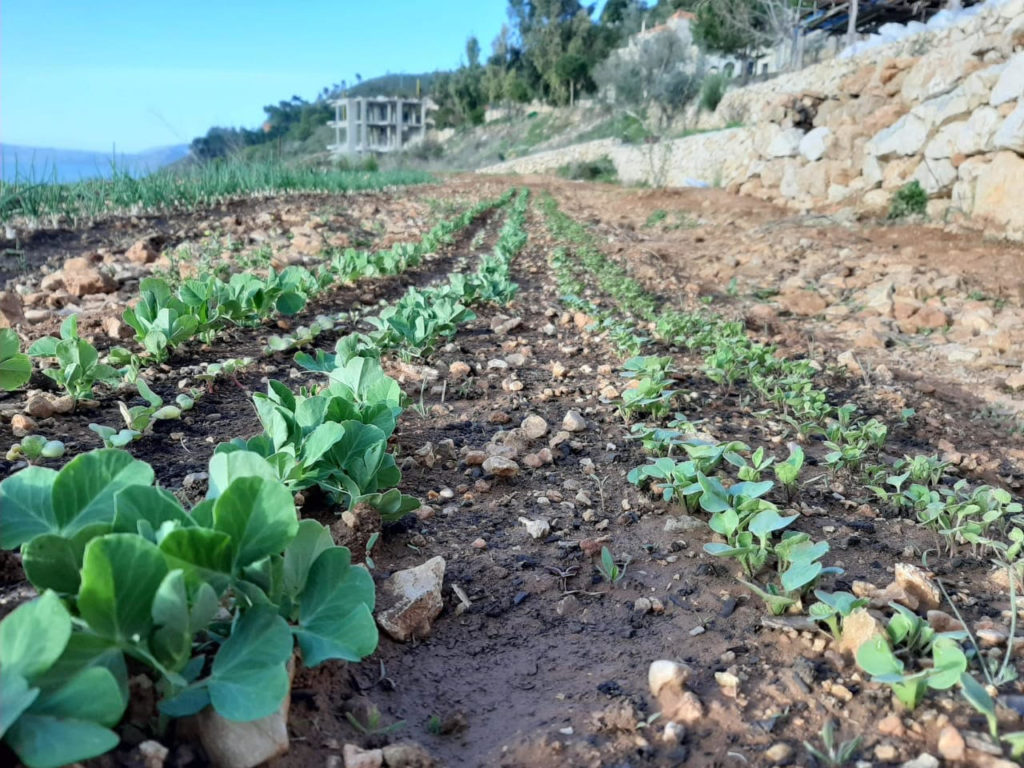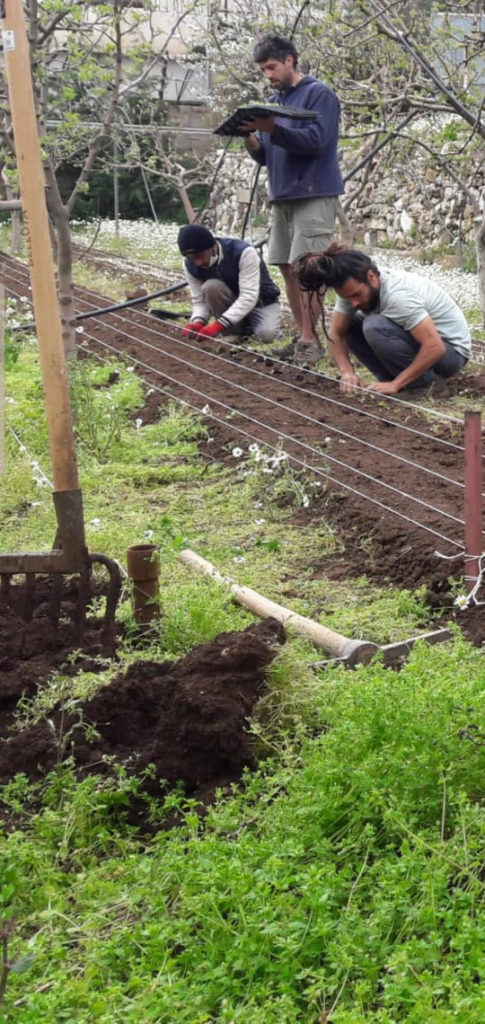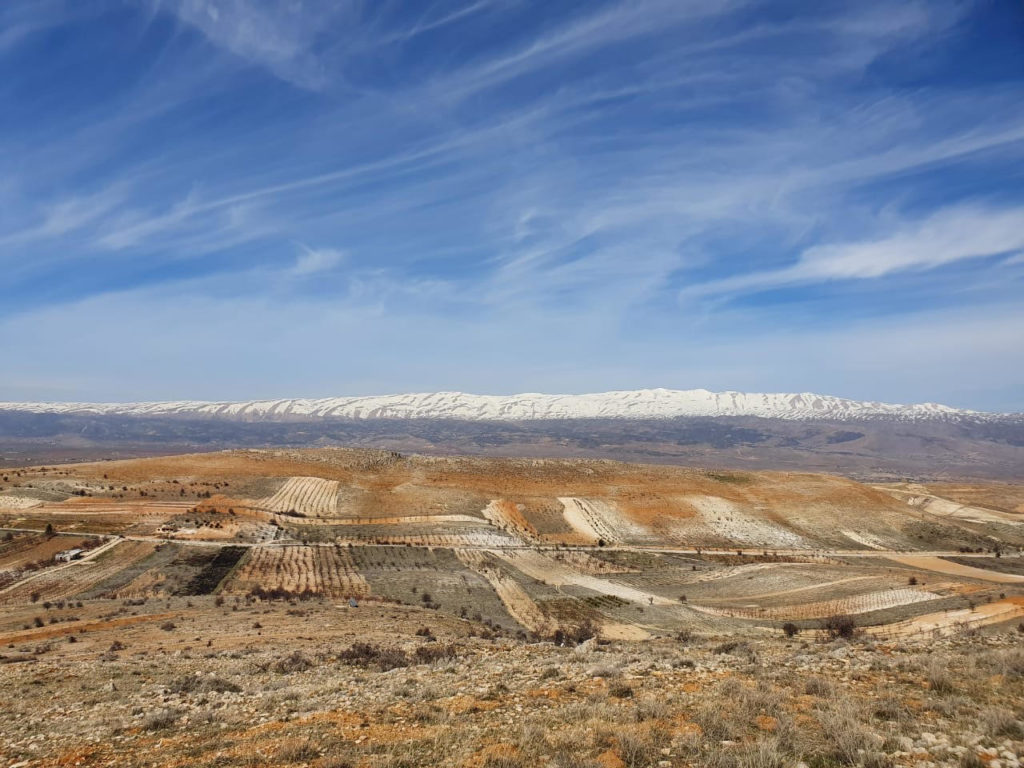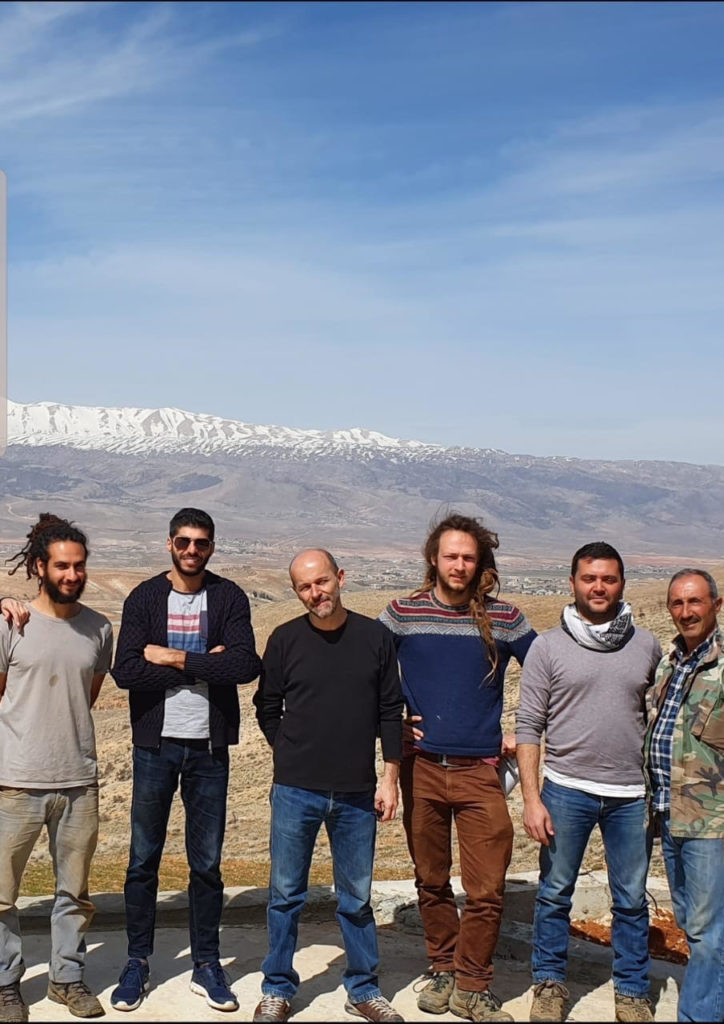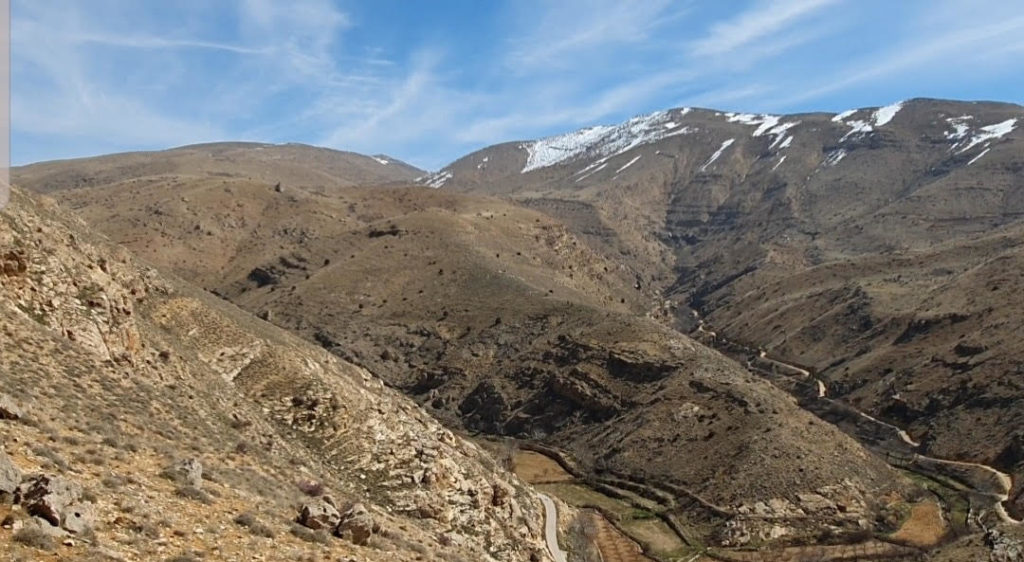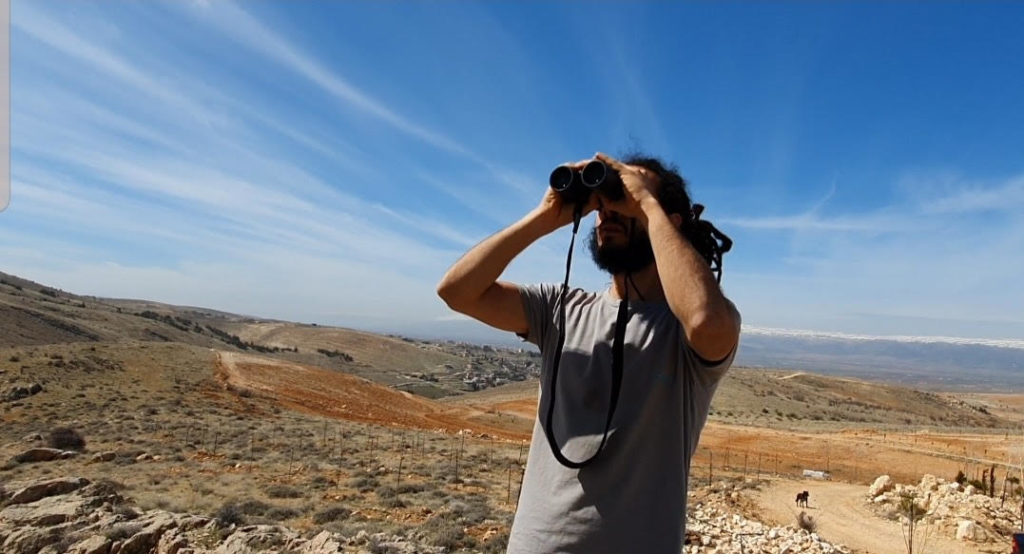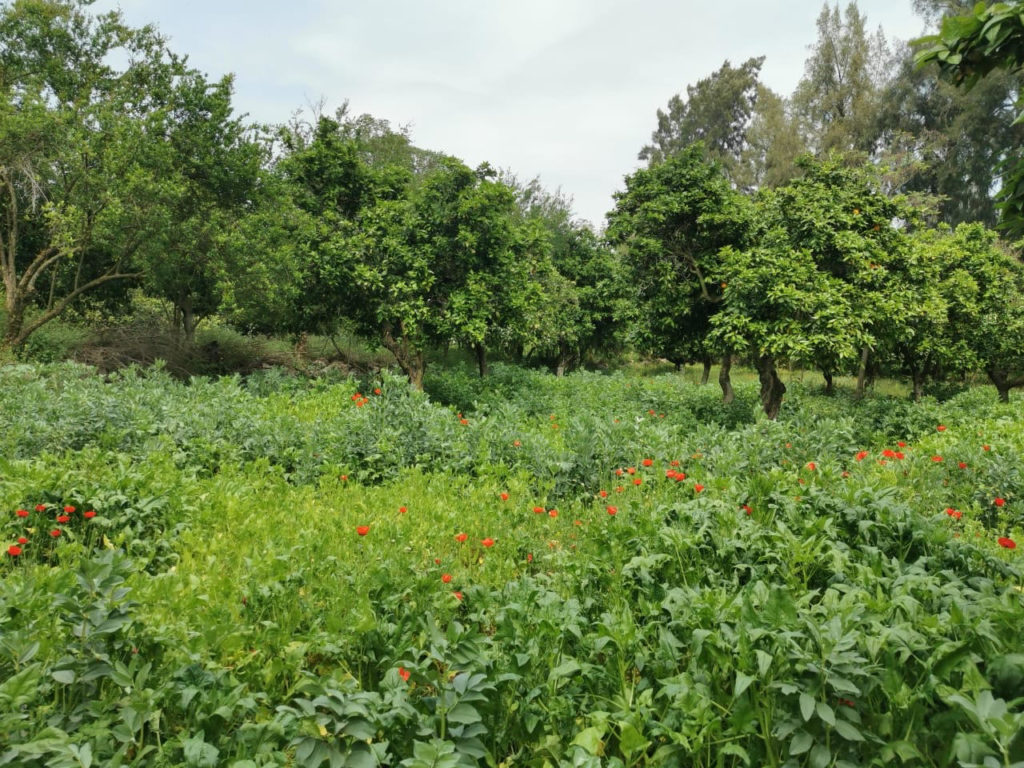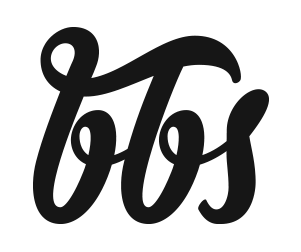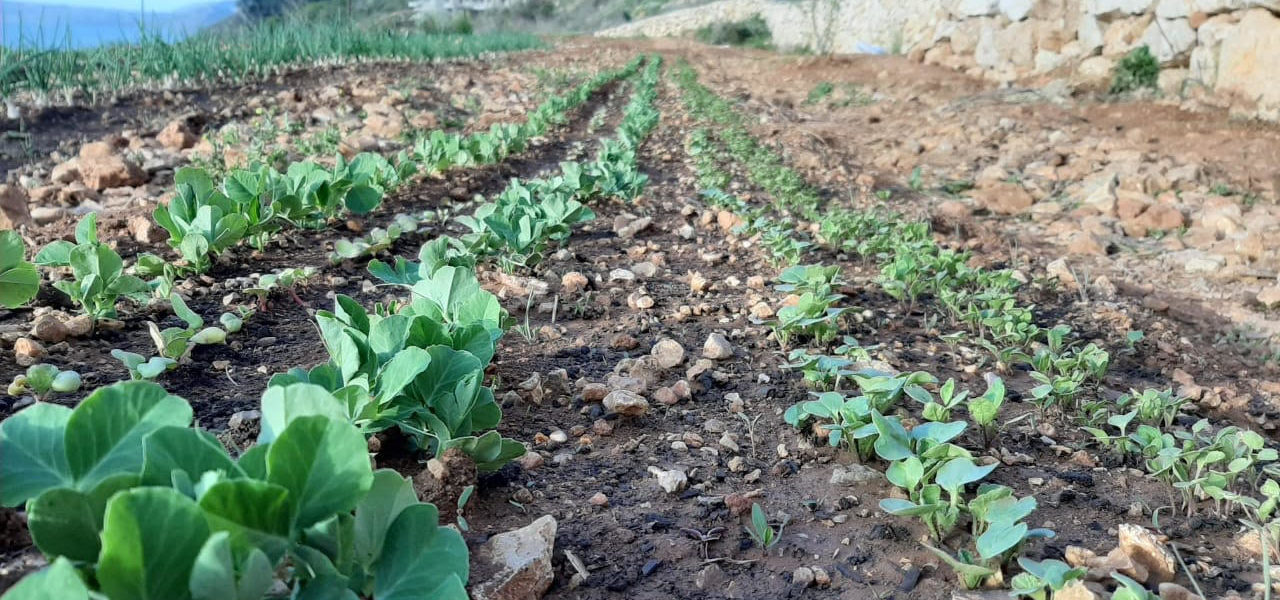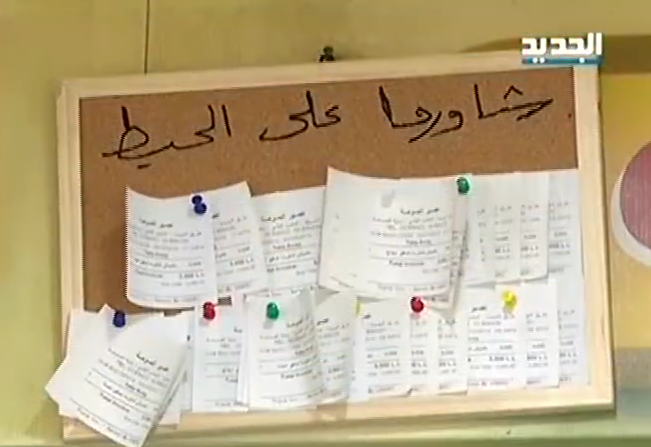Recently, the NGO Beit el Baraka has been at the forefront of relief initiatives across the country, helping the most vulnerable in their struggle to survive, providing food, medicine and shelter.
In light of the current situation and to ensure a long term support system for the needy, the NGO has endeavored in a permaculture project to grow food and distribute it to their beneficiaries.
The objective is to create a sustainable, organic and self-sufficient agricultural ecosystem, respectful of the environment, using non-mechanical soil manipulation techniques and free of pesticides.
Agriculture subsidies have been completely dismissed by the government since the mid 90’s. Lebanese agriculture suffers from a lack of competitiveness that is preventing Lebanese farmers to export their crop.
It’s hard to believe that Lebanon imports around 80% of its food products, even sesame and chickpeas! Key ingredients used for our national dish are imported from across the globe!
We have to fight hunger by changing our habits, going back to our roots and reverting to traditional practices. There is a need to shift our actions towards favoring more resilient and sustainable models of food production and agricultural practices. This will also in time encourage rural migration.
The Beit el Baraka agricultural project will be carried out on three separate pieces of land.
The first area, 3000 m2 in Ain Zebdé, is where the pilot project was launched in February 2020, made possible thanks to the generous fund provided by LIFE. They started cultivating all kinds of native endemic greens and set up a nursery where they are planting seeds, in collaboration with Buzuruna Juzuruna. Manuel and Renée Karkour offered the use of this land, a beautiful gesture in memory of Manuel’s father.
In the second area, 250 000 m2 of land in Nahlé, they will be planting all types of grains and fruit trees. They will also have access to 300 000m2 for goats in order to produce laban, labneh, cheese, awarma etc. They will explore traditional practices for bread making as well as all kinds of moune and makdous preserves. The renowned architect Yousef Haidar owns this land and is very much involved in its development.
The third area is in Rachiine, 120 000 m2 of land (owned by Michel Daher), where they will plant all kinds of seeds and fruit trees.
Each area will also include a ‘kitchen atelier’ in order to host workshops to empower local farmers by training them on new cooking practices, eco-friendly food packaging and food safety. This will help create a circular economy between these local producers and the Beit el Baraka beneficiaries.
Thank you Beit el Baraka for reconnecting us to our rich agricultural and farming land. Thumbs up for this project and for all the hard work put into assisting those in need.
Reach out to help. Donate if you can. Be the change you want to see.
